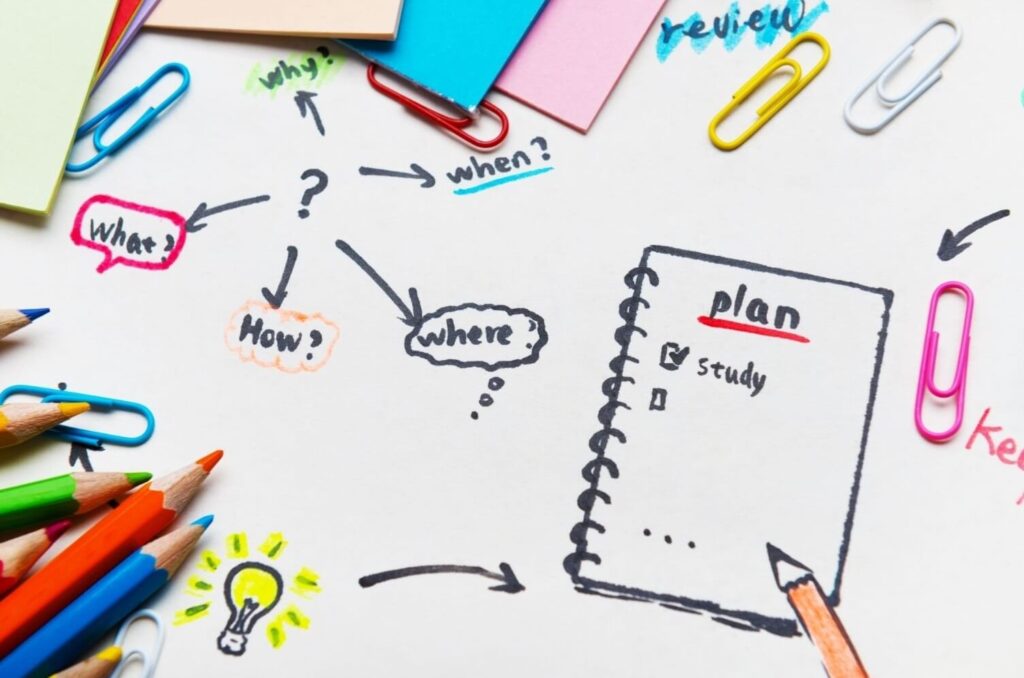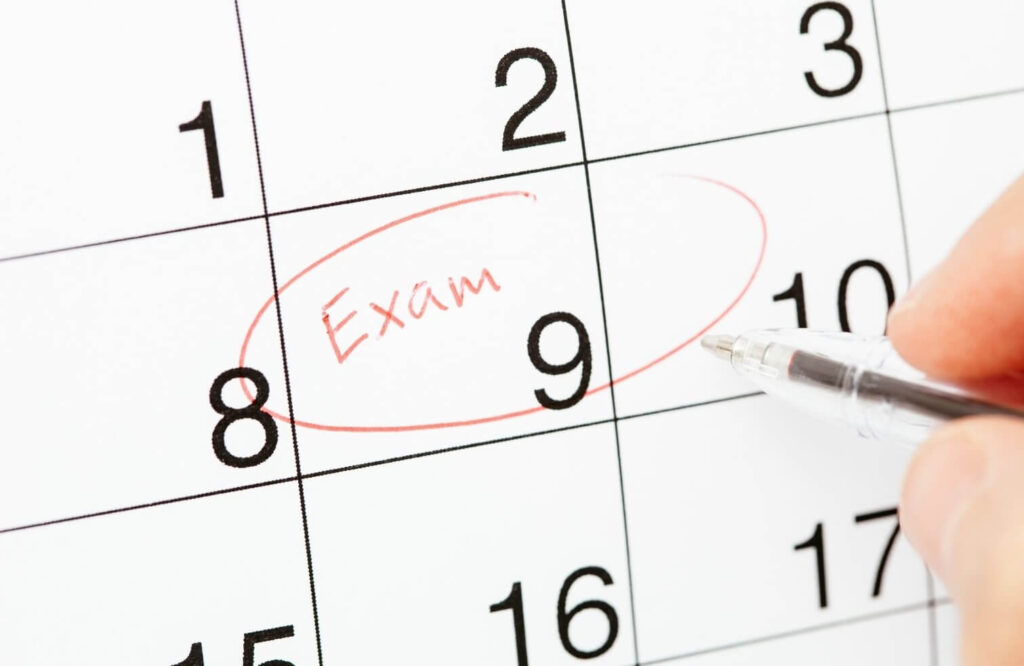
Quick Overview
Functional Skills exams in English, Maths, and ICT test practical skills needed for work, study, and everyday life in the UK. They focus on real-life tasks like budgeting, communication, and using digital tools. Passing these exams can open doors to better job prospects, apprenticeships, and further education.
This guide will walk you through:
✅ Overview of exam structure and key topics for Maths, English, and ICT
✅ How to assess your skills and build a targeted study plan
✅ Using practical resources and everyday activities for practice
✅ Exam strategies to improve accuracy, time management, and confidence
✅ Preparing for exam day and understanding the value of Functional Skills qualifications
Anyone interested to pass functional skills in English, maths, or ICT in the UK will have to face these exams first. The purpose can be work-related, educational, or self-growth; passing these exams is a significant endeavor. With this wide and deep guide, it will be easier to provide you with precise measures, knowledge, and suggestions that will enhance your performance and empower your self-efficacy before the exams by giving you clear steps to take.
1. Take Note of The Structure of The Functional Skills Exam
The first step to success is understanding what the exam entails. Functional Skills exams are practical and designed to assess your ability to apply knowledge in real-life scenarios.
Maths
- Structure: Divided into a non-calculator and a calculator section.
- Key Topics:
- Numbers and percentages.
- Ratios and proportions.
- Data handling and statistics.
- Measurement and geometry.
- Focus: Solving problems based on everyday situations, such as budgeting or time management.
English
- Components:
- Reading: Tests comprehension and analysis of texts.
- Writing: Assesses your ability to write, concisely, and accurately.
- Speaking and Listening: Evaluate your verbal communication and ability to engage in discussions.
- Focus: Real-world tasks, such as analyzing a letter, writing an email, or delivering a presentation.
ICT
- Structure: Assesses your ability to solve digital problems using software tools.
- Key Topics:
- Using spreadsheets and word processors.
- Formatting documents and creating charts.
- Sending and organizing professional emails.
- Focus: Applying digital skills to practical tasks like preparing a budget or a professional report.
2. Identify Your Baseline
Identifying a baseline is essential; therefore, find out what your strengths and weaknesses are.
- Take a Diagnostic Test: There are several online platforms nowadays that help you determine areas of improvement through free diagnostic tests.
- Analyze Results: Analyze your performance based on various topics and skills categories.
For example: For Maths, assess whether fractions or ratios are your weak points.For English, check whether grammar or essay structure needs improvement.
This measure helps you know what to prioritize when working on improving your performance.
3. Build a Targeted Study Plan
Create a clear, actionable study plan that works for you. Here’s how:
Set Goals
- Break your learning into manageable sections, focusing on one skill or topic at a time.
- Aim for a mix of short-term and long-term goals. For example:
- Short-term: Master percentages in Maths within a week.
- Long-term: Complete three full practice papers before the exam.
Prioritize Regular Practice
- Dedicate consistent time each day to studying. Even 30–60 minutes daily can make a difference.
- Alternate between different subjects to avoid burnout and maintain interest.

4. Use High-Quality Study Resources
Having the right tools is half the battle won. Invest in resources tailored for Functional Skills exams:
- Official Exam Board Materials: Check resources provided by your awarding body (e.g., Pearson Edexcel, City & Guilds, NCFE).
- Textbooks and Guides: Look for subject-specific textbooks designed for your level and subject.
- Online Platforms:
- BBC Bitesize for clear explanations and examples.
- Skills Workshop for worksheets and practice activities.
- Apps:
- Math revision apps for quick problem-solving practice.
- Grammar and vocabulary apps for English.
5. Practice with Real-Life Scenarios
Functional Skills exams focus on practical applications. Incorporate learning into your daily routine:
Maths
- Calculate discounts while shopping or splitting bills at a restaurant.
- Measure items for DIY projects and convert units (e.g., inches to centimeters).
- Track expenses using a simple spreadsheet.
English
- Read articles or advertisements to improve comprehension.
- Write formal emails or mock job applications to enhance writing skills.
- Engage in conversations or debates to refine speaking and listening.
ICT
- Create a personal budget using Excel.
- Draft a mock report or presentation using word processing software.
- Practice formatting emails and organizing folders.

6. Conquer Exam Strategies
Examinations are not only a recount of how much content you are knowledgeable of, but they are more of practical lessons
Mathematics
- Read the Question Carefully: Several students get several grouped marks by misinterpreting the question.
- Show All Workings: Even if the correct procedures do result in an incorrect answer being reached, the procedures do earn some level of partial marks.
- Use Quite a Calculator: To assist in more advanced calculations use to, but always input with care to ensure operator errors are minimized.
English
- Plan Your Writing: Draft a note of the plan in bullet form before the actual writing.
- Stick to the Task: Take care and avoid writing on any other aspects that do not correlate with or answer the question.
- Review and Edit: Always set some minutes for reading and checking for grammar, punctuation, and even trivial spelling mistakes.
ICT
- Stick to instructions: Orders are not usually given without many tasks having prerequisites, say a template or even a data structure.
- Check Your Work: Check if all the required items such as charts and tables are present and if they are well done.
7. Dealing with the Issues
Time Management
Trying to solve different types of exam questions in a timed practice session will help in achieving the required speed and efficiency in the real exams.
Always attempt and answer those questions that you feel more comfortable with so as to gain marks swiftly before beginning on challenging questions.
Overcoming Anxiety
The use of mock exams aids in understanding the overall format of the examination thereby reducing anxiety.
Try thinking of something else and focus on your deepest breathing during your appointment with the board.
Raising Confidence
Give yourself praise when you have excelled in any certain area for instance a complicated concept.
Request for assistance from instructors, educators or nutritionists so you can monitor your developmental progress.
8. Practical Advice
Past Papers as an Aid
Attempt the previous works under examination circumstances. Do consider examining any guidelines for marking student’s papers- this applies to students intending to do coursework.
Seek Feedback
Let your instructor or fellow students assess your practice work and suggest any improvements.
Inspect Mistakes
Explore what went awry in practice examinations so that the same can be avoided at the actual exam.

9. Important Day of the Exam
Make sure you are ready for the big day:
- Good Rest: After a refreshingly good rest, you will feel more attended stimulating the appropriate muscles in your mind in the perception it will aid that which creates a better memory built up the next day. It means to say – sleep well.
- Arrive Early: Plan to arrive at the test center with enough margin to get ready for the test.
- Check: Make sure you have your ID, pens, a calculator (in case you need one), and any further necessary items so you don’t forget during your third revision.
- Positive Thinking: Do not be overburdened, a reasonable amount of confidence is beneficial everything wakes you up, do remember to look for affirmations about the hopes you had in your preparation for this craft or business.
10. Remember the Impact in the Future
To acquire the Functional Skills qualifications is greater than the accomplishment of merely passing the examination for this qualification opens up many opportunities:
- Career Opportunities: Many employers require Level 2 qualifications in Maths and English.
- Further Education: Functional Skills qualifications can lead to apprenticeships or higher education.
- Everyday Life: The skills you develop will be useful in budgeting, communication, and problem-solving.
Conclusion
To pass Functional Skills UK exams, one requires adequate preparation, ample practice and an unwavering sense of confidence. Once you know the exam structure, use the practical tools available to you and continue to put yourself in the effort over some time to nail the exam and all the details associated with it. Consider this guide as your roadmap to the goals set. Best of luck!
